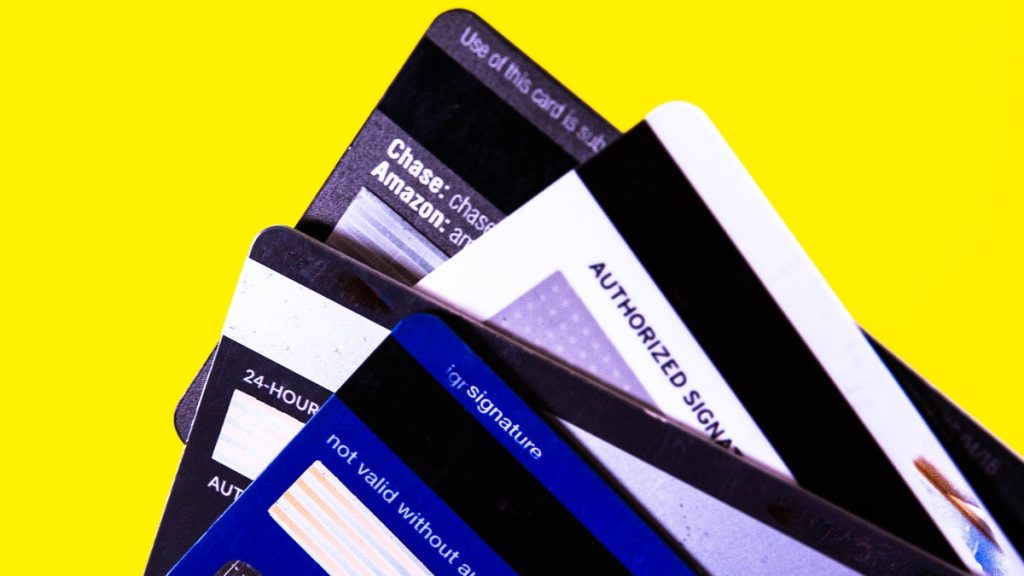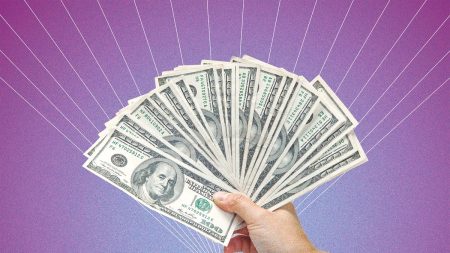Paying only the minimum amount due on your credit card each month may help you avoid late fees and penalties, but it may not be the best strategy in the long run. While making the minimum payment will prevent your credit score from taking a hit, it won’t help you pay off your credit card balance quickly. With rising interest rates, it’s important to try to lower your balance and reduce your debt as soon as possible. Understanding how minimum payments work can help you make informed decisions to manage your debt effectively.
Credit card companies use various methods to calculate minimum payments, depending on your balance and interest rate. These methods can include a percentage of your balance, a combination of a percentage of the balance with interest and fees, a flat rate, or requiring full payment if the balance is low. It’s essential to know how your minimum payment is calculated, as this information should be included in your credit card agreement. You can find your credit card agreement on your bank’s website or by requesting it through email or mail.
Missing the minimum payment on your credit card can result in late fees, penalty APRs, and negative reports to credit bureaus. These consequences can damage your credit score and financial health in the long term. If you are unable to make the minimum payment, it’s crucial to contact your lender to discuss your options, such as adjusting your due date or enrolling in relief programs. Experts recommend paying more than the minimum each month to reduce interest costs and pay off your debt sooner.
Making only minimum monthly payments on your credit card can lead to accumulating interest and prolonging the time it takes to pay off your balance. The Credit Card Accountability Responsibility and Disclosure Act of 2009 requires creditors to disclose how long it will take to pay off a balance with minimum payments and the total interest accrued. By paying more than the minimum, you can save significant amounts in interest and shorten the time needed to eliminate your debt. Capital One suggests paying as much of the balance as possible or doubling the minimum amount to expedite the repayment process.
To illustrate the impact of minimum payments on credit card debt, consider a scenario where a $10,000 balance with an 18% APR is being paid off with minimum monthly payments. Making only the minimum payment of 2% would result in over 50 years of repayment and substantial interest costs. However, paying a fixed amount or double the minimum can significantly reduce the time and interest spent on paying off the debt. It’s essential to prioritize reducing your balance and interest costs by paying more than the minimum each month to improve your financial outlook and credit health.
In conclusion, understanding how credit card minimum payments work and the impact of only paying the minimum amount can help you make informed financial decisions and manage your debt effectively. By paying more than the minimum each month, you can save on interest costs, reduce the time needed to pay off your balance, and improve your credit score. It’s crucial to review your credit card agreement, communicate with your lender if you’re facing financial challenges, and prioritize debt reduction to achieve long-term financial stability.















